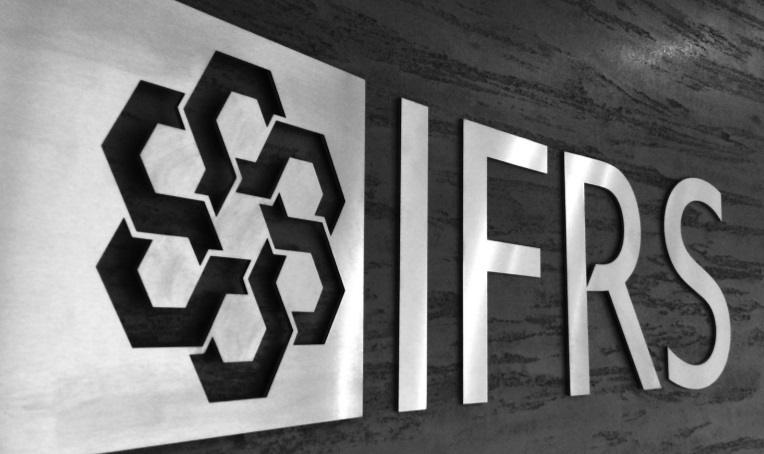Germany Pushes to Delay CSRD Sustainability Reporting Requirements for Smaller Businesses
The government of Germany is pushing for significant changes to the implementation timeline and reporting requirements of the European Commission’s Corporate Sustainability Reporting Directive (CSRD), including pushing back sustainability reporting obligations for smaller companies by 2 years, and eliminating sector-specific reporting requirements.
The proposed changes were recently outlined in a leaked letter signed by senior government ministers to the EU Commission, and discussed by Federal Minister of Finance Jörg Kukies in an interview with German daily newspaper Börsen-Zeitung. The proposals come shortly ahead of federal elections in Germany next month, following the recent collapse of the government’s coalition.
The CSRD is a major update to the EU’s Non-Financial Reporting Directive (NFRD), the previous EU sustainability reporting framework, significantly expanding the number of companies required to provide sustainability disclosures to over 50,000 from around 12,000. Based on new underlying European Sustainability Reporting Standards (ESRS), the CSRD introduces more detailed reporting requirements on company impacts on the environment, human rights and social standards and sustainability-related risk.
The CSRD took effect from the beginning of 2024 for large public-interest companies with over 500 employees, with the first reports to be issued in 2025, followed by companies with more than 250 employees or €50 million in revenue in the following year, listed SMEs one year later, and non-EU companies with more than €150 million EU revenues reporting in 2029.
The initial set of ESRS standards setting out sector-agnostic sustainability reporting requirements was adopted in July 2023, while the CSRD requires the adoption of sector-specific ESRS in 2026. The sector-specific ESRS was initially slated for 2024, but was delayed by the Commission last year to allow companies to focus on the implementation of the first set of ESRS, and to provide more time for the development of the standards.
In the Börsen-Zeitung interview, Kukies details the government’s proposal, highlighting the push to delay CSRD compliance obligations for companies required to begin reporting in 2026 by two years, as well as calling for the elimination of additional sector-specific CSRD reporting obligations, stating that “the time gained by the two year delay should be used to rethink a significantly streamlined, effective, and efficient system for sustainability reporting.” While not mentioned in the interview, the letter also called to raise the company size threshold for businesses required to report under the CSRD, which would significantly reduce the number of companies included.
Kukies said that the push to delay and reduce reporting requirements forms part of an effort to reduce the bureaucratic burden on companies, noting that from the start of 2026 around 13,000 companies in Germany will be subject to the CSRD reporting obligations, including primarily small and medium-size enterprises, and that each “will need to provide around 1,000 data points or at least explain why fewer are provided.”
Beyond the CSRD, Kukies highlighted other sustainability reporting obligations that companies have to meet, such as the European Banking Authority’s recently released ESG reporting requirements for banks, which he said will require even small banks to request information from clients, “which triggers a new wave of bureaucracy.”
Kukies went on to call for a more streamlined and internationally coordinated sustainability reporting system, enabling companies to report information only once, and in a consistent manner.
Kukies said:
“The different reporting regimes should be synchronised so that each data point only has to be reported once. Every CFO could tell absurd stories about how the same data has to be reported multiple times. We need more fundamental regulations and less micromanagement. Additionally, European and international regulations must be aligned and interpreted uniformly.”





